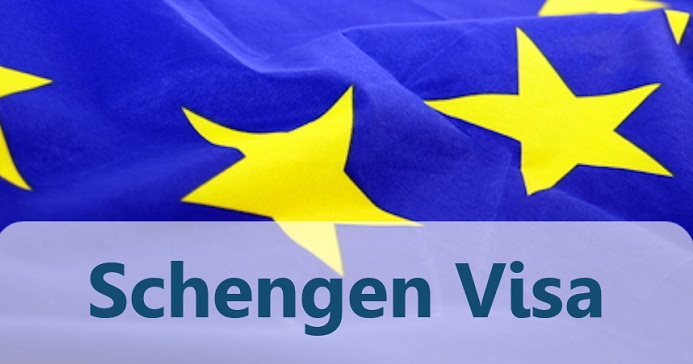The European Commission, the EU`s executive arm, has received no formal proposals regarding the creation of a "mini-Schengen" zone within the existing passport-free area, a Commission spokeswoman said on Thursday.
Europe is struggling to cope with its biggest migration crisis since World War Two.
German Interior Minister Thomas de Maiziere told a news conference in Berlin on Thursday that his Dutch counterpart had raised the idea with him, but Germany was not enthusiastic.
"Our political goal must be that the Schengen area as a whole functions," he said. "Everything else would just be supplementary considerations."
The Dutch plan is separate from a French plan to introduce systematic border checks within the Schengen area as a security measure after the attacks in Paris last week.
The "mini-Schengen area" would include Austria, Germany, Belgium, Luxembourg and the Netherlands, and would involve setting up transit camps for migrants outside those borders, a report in newspaper De Telegraaf said.
Foreign Minister Bert Koenders confirmed those details in part to the paper, but said other measures were also under consideration.
"The Netherlands and other countries are talking about many different solutions," said spokeswoman Janet Takens of the Justice Ministry, which oversees immigration policy.
"We are talking with like-minded countries on a regular basis," she said, declining to provide details.
The leader of Prime Minister Mark Rutte`s conservative People`s Party for Freedom and Democracy in parliament said on Wednesday he supported the idea of a mini-Schengen, while the leader of junior coalition partner Labour said he sees "complications and obstacles" to the plan.
Marit Maij, a member of parliament for Labour, told Reuters her party could support the plan only if European border policy "continues to fail."
More about:
















































